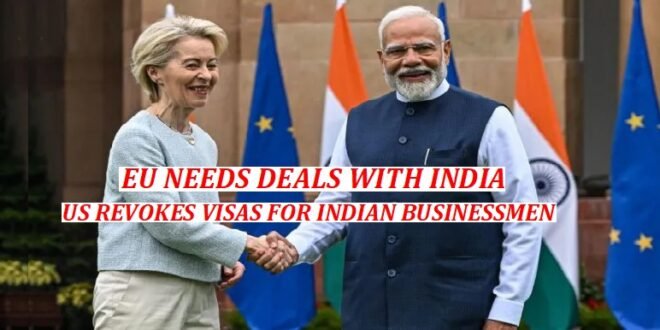21-09-2025
NEW YORK/ NEW DELHI: Bloomberg Index Services is asking global investors whether Indian government bonds belong in its $60 trillion global aggregate index, a decision that could move India’s bond market further into the global mainstream.
India’s bond market has been picking up steam internationally. After joining Bloomberg’s emerging market bond index this year, India is now on the brink of inclusion in the heavyweight global aggregate index (GAI). Getting a spot would put 41 fully accessible Indian government bonds worth about $502 billion directly on the radar of global investors. If all eligible bonds are included, India would account for 0.7% of the index, landing in the top ten by market value. Past moves by JPMorgan and FTSE Russell to add Indian bonds to their indexes helped drive $13.3 billion in foreign inflows last year, plus another $874 million so far this year. Whether India makes the cut now comes down to investor feedback on how easily they can access and trade in the market.
Why should I care?
A GAI listing could spark hefty inflows from global passive funds, since those tracking the index would be required to snap up Indian bonds. That dynamic played out after JPMorgan’s decision, which fueled demand. Since $60 trillion in assets are linked to this index, even a small 0.7% stake could attract tens of billions in longer-term foreign capital potentially lowering yields and supporting the rupee.
The bigger picture: India’s financial markets go global.
Inclusion would mark a big step in tying one of the world’s fastest-growing economies more closely to global capital markets. With relaxed restrictions on foreign ownership of key Indian government bonds, this move reflects a broader trend toward opening up India’s financial sector helping policymakers attract stable, long-term investment and supporting more diverse sources of growth.
Meanwhile, the US embassy in New Delhi has revoked and subsequently denied visas for some Indian business executives and corporate leaders based on their involvement in trafficking fentanyl precursors, the embassy said in a statement on Thursday.
 Fentanyl precursors refer to the basic or parent chemicals that form fentanyl, a leading cause of US overdose deaths.
Fentanyl precursors refer to the basic or parent chemicals that form fentanyl, a leading cause of US overdose deaths.
The statement from the embassy did not name the people affected but a spokesperson said they were Indian nationals.
Indian government officials have been closely cooperating with US counterparts to combat the challenge of drug trafficking, the US embassy added in its statement.
India’s foreign ministry did not immediately respond to a request from Reuters for comment on the US visa measures.
US President Donald Trump, whose punitive 50% tariffs on Indian imports hurt bilateral ties, has previously imposed additional levies on imports from China, Mexico and Canada, saying they facilitated the flow of fentanyl into the US.
In a statement to US Congress this week, Trump listed India as one of 23 major drug transit or illicit drug-producing countries, though he added the presence of any country on the list was not necessarily a reflection of its government’s counter-drug efforts.
However, The European Union must look to trade deals with countries like India to reduce dependencies, with higher US import tariffs pushing the bloc to diversity its ties, European Commission President Ursula von der Leyen said on Thursday.
 Pressmediaofindia
Pressmediaofindia





